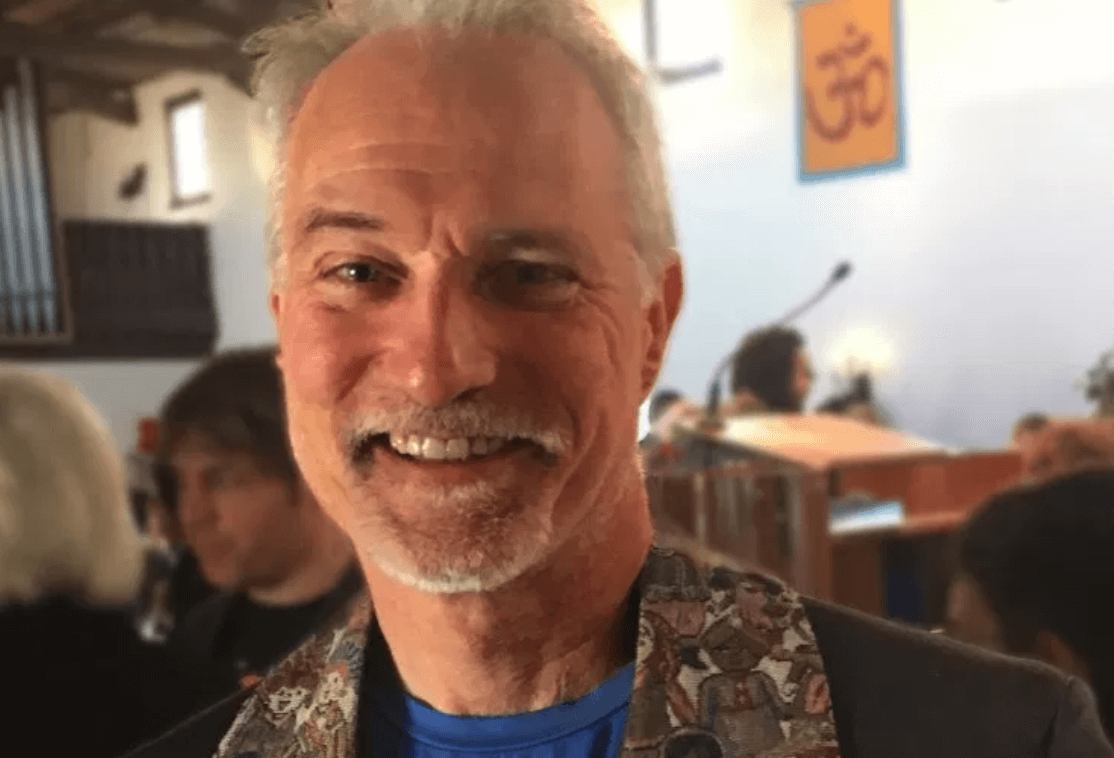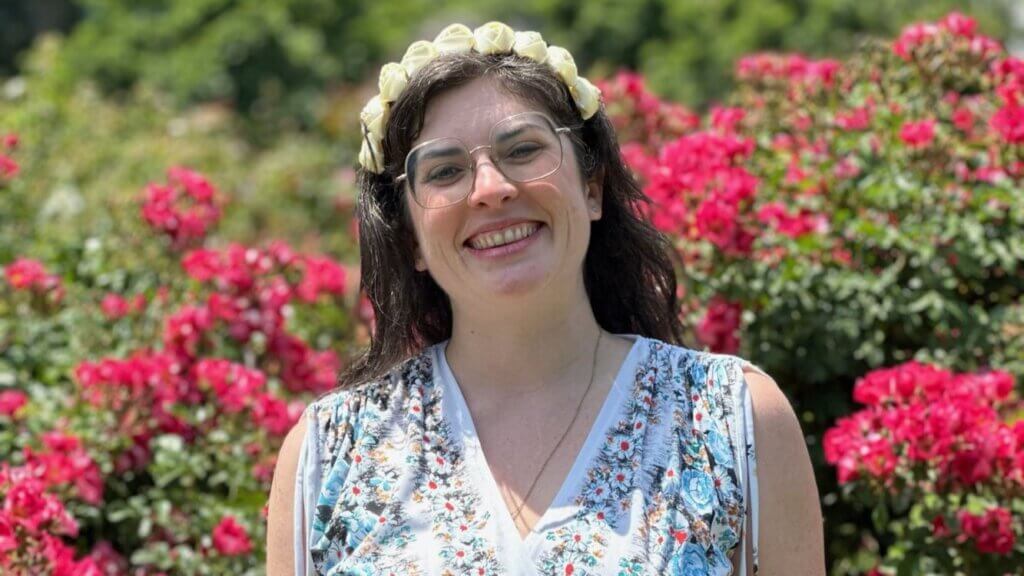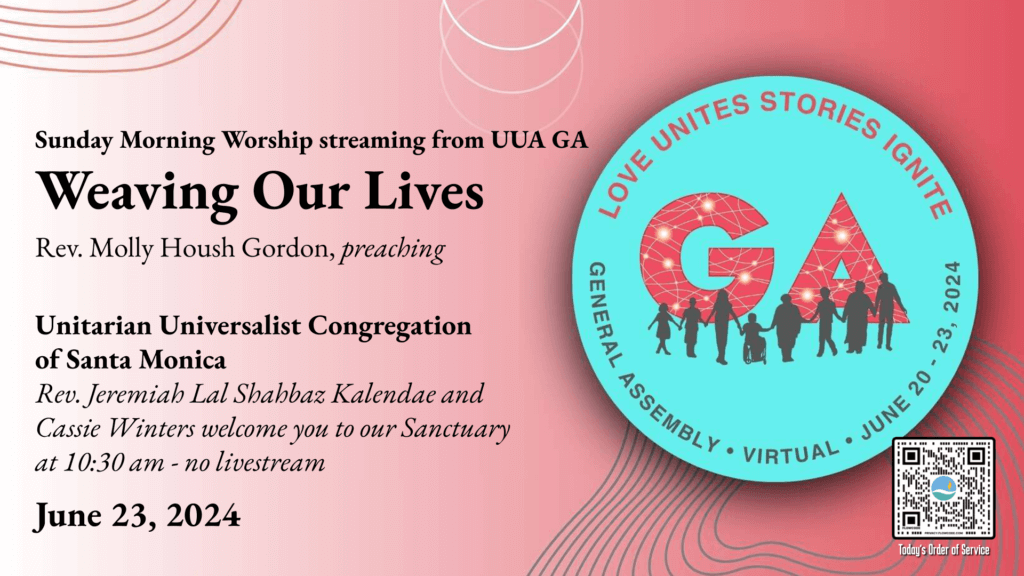 Dear Friends,
Dear Friends,
Eric and Alice (not their real names) ‘were’ married. And I mean ‘were’ in the tenuous past-present sense that sits like a burning lead ball in the center of your heart. Alice made a mistake, the details of which are unimportant. Eric struggled in arriving at forgiveness. That’s where the relationship ended. And where a new one would begin – IF – they figured out how in counseling.
Counseling made it clear to everyone that Eric struggled with restoring the trust. Even though they had been happy. Even though the mistake was something Alice confessed and admitted, not something she was ‘caught’ doing. Even though she acknowledged and showed remorse for the pain she’d caused. Even though she’d apologized repeatedly and outlined a plan allow trust to return.
Alice stuck to the plan. But the tears didn’t stop and the trust didn’t return. Which is when it began to become obvious that the problem wasn’t as simple as it seemed. It’s not simple, because trust isn’t simple.
After some conversations, it became apparent that Erik’s struggle wasn’t in trusting Alice. It was in trusting anyone fully.
February’s theme of the month is ‘trust’ which is something we all need to know something about. Because we will find it – and lose it – many times.
Live long enough and you will be betrayed. When betrayed, you’ll face the choice of opening up to the heartbreak, the grief and the disappointment – or closing off to the pain. Most prefer to shut down – at least for a little – which makes sense, because pain is… well, painful. But without sitting with some of that discomfort, it becomes hard to let it go. Which makes it hard to re-prime the pump that love uses to give – or receive – love again. If we never really heal, or process through those early betrayals; each new betrayal will not be a ‘simple’ matter of healing the relationship you’re currently in, it will be the complex – even impossible – job of healing every relationship heartbreak you’ve endured to that point. And whether or not our brain wants to acknowledge it, our body keeps score in this game of trust from the moment we’re born.
In the words of therapist, theologian and author, David Richo:
Some of us trust easily and appropriately because we have had a safe and secure past. Many of us, however, have had a somewhat compromised experience of trust since our parents were mostly trustworthy, but sometimes failed us. A few of us were so betrayed and abused – traumatized early and often in life – that we lost our ability to trust appropriately and reliably. Our adult relationships then might seem like one long episode of post-traumatic stress.
Eric was not in the latter category, but he had been disappointed enough in childhood and adulthood that he became extremely cautious of trusting others. Since part of trust involves risk, extreme caution usually means not trusting or extending highly conditional trust (which rarely delivers the deep connection we desire).
Deep connection – being part of a bond of trust – has two components: (1) being trustworthy (the part we think of the most – and usually questioning ‘other people’s’ trustworthiness; and (2) cultivating and maintaining ‘trust-ability.’ This second part is actually more rare since it requires us to do the hard work of processing all the little (and big) betrayals we’ve encountered in life.
Does this describe you (even more than you’d like or at certain tender periods of your life)? Does it describe those you know? People at work? The Church?
Sure it does. Because all of this is part of being human. And we’re all human.
This month, we’re going to talk about trust. Because deep connection depends on trust. And any concerted plan relying on the interdependent commitment of a diverse array of people depends on maintaining a deep connection.
When people invite you to connect; to talk about what you dream; about and what has broken your heart, take a risk. Make room in your life. Trust there is a path. And that you can walk it.
To the Glory of Life.





